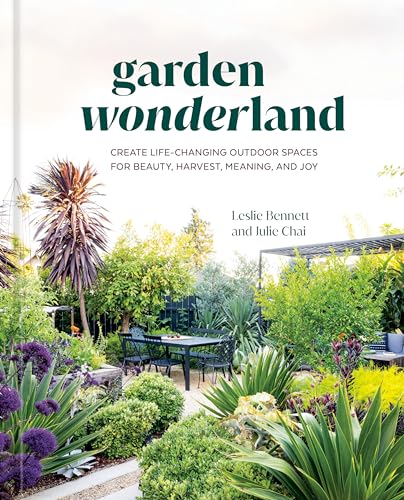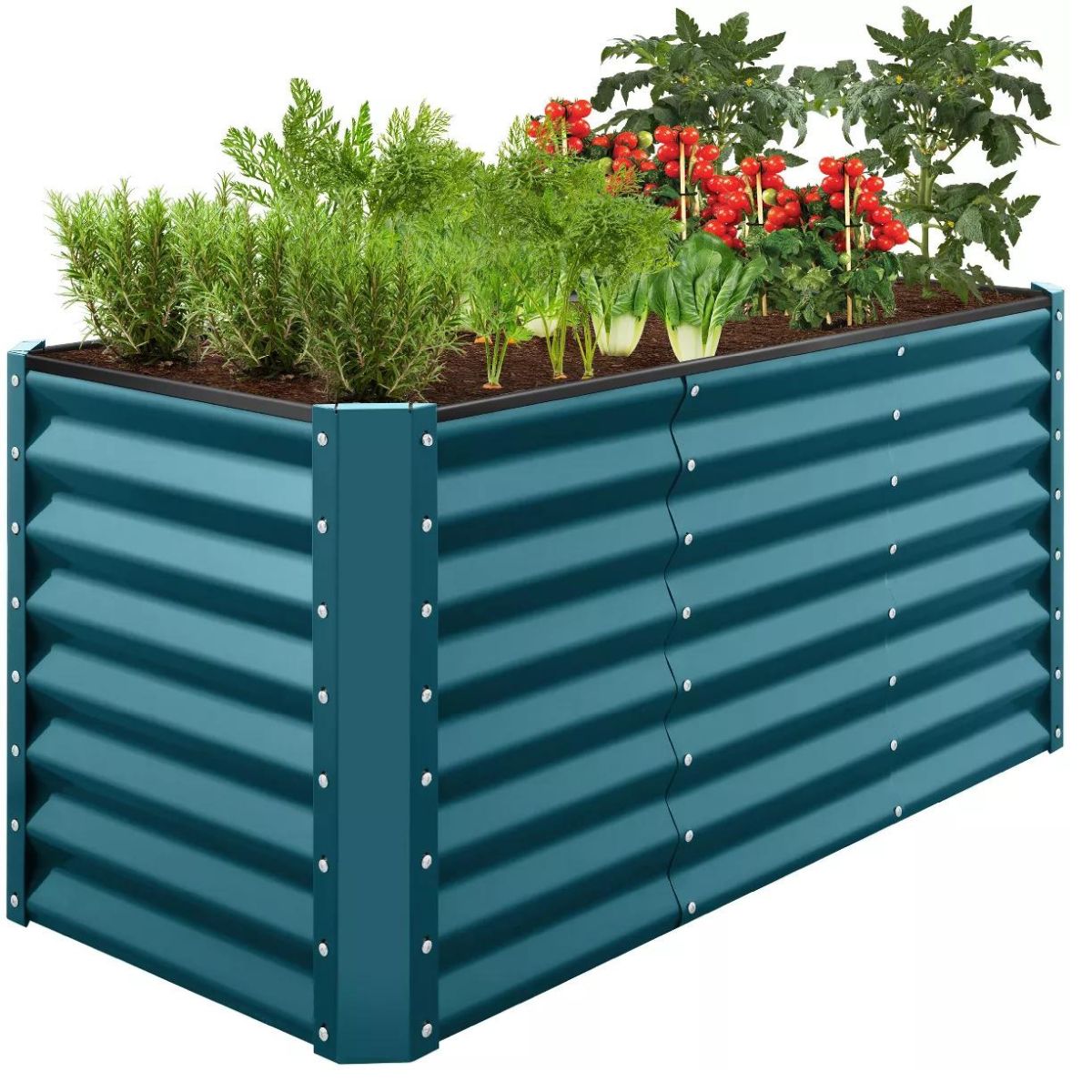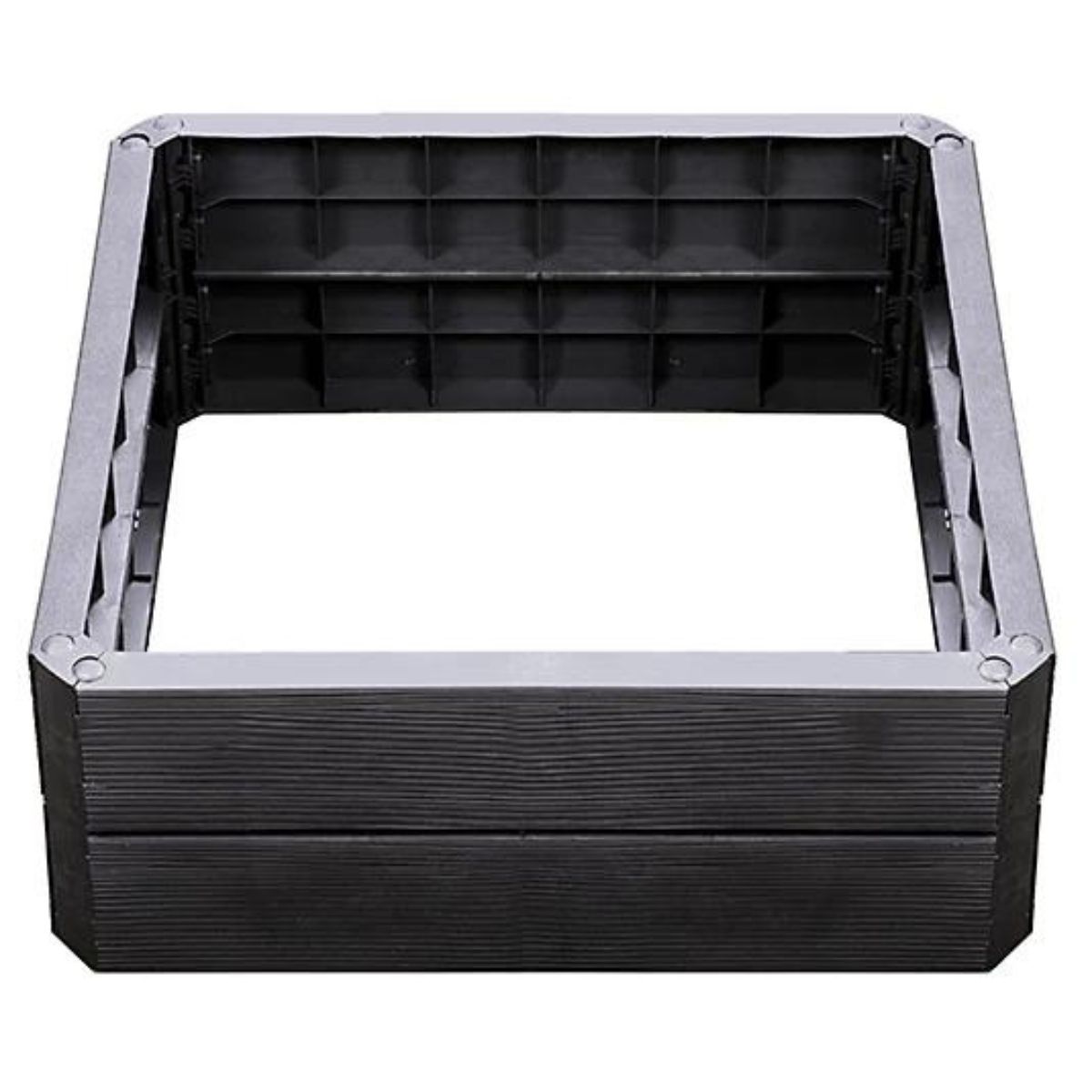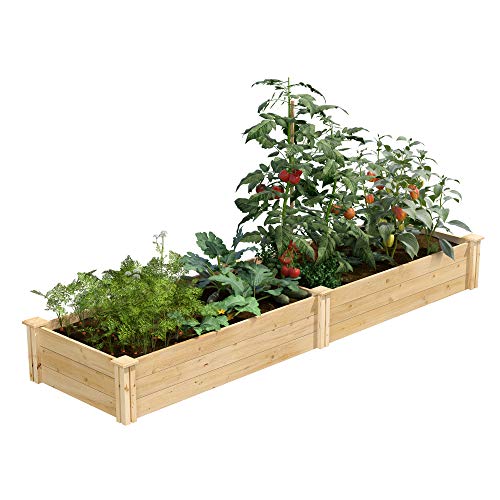"Edible Front Yards" Are the Landscaping Trend That Give Growing Vegetables a New Curb Appeal
Front yard vegetable gardens don't just provide a space to grow your own produce, they can look great, too

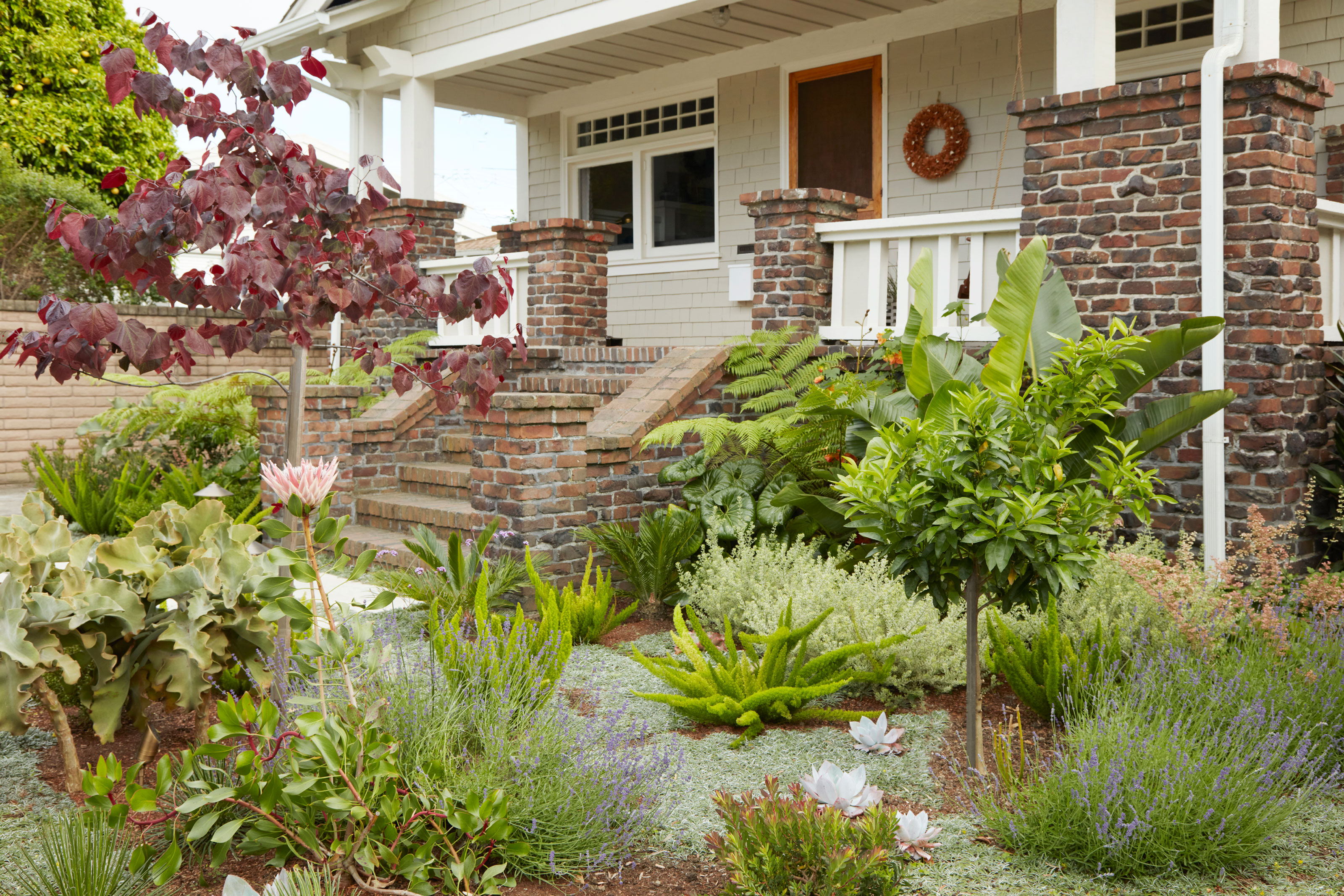
The Livingetc newsletters are your inside source for what’s shaping interiors now - and what’s next. Discover trend forecasts, smart style ideas, and curated shopping inspiration that brings design to life. Subscribe today and stay ahead of the curve.
You are now subscribed
Your newsletter sign-up was successful
Traditionally, you don't see that many front yard vegetable gardens — after all, its all about curb appeal when it comes to your home's front-facing façade. However, more and more, we're seeing people embrace the beauty of edible crops in their landscaping designs, so there's a growing number (excuse the pun) of designers introducing vegetable plants into their designs.
That's not to say that it's without its challenges. 'The thing about vegetable gardens is that vegetables are mostly annual plants, which means they come and go each season or year,' say Leslie Bennett and Holly Kuljian, co-leads of landscape design firm Pine House. 'You replant them each spring and fall, so there's often times when they are very small baby plants, or very big and sprawling at the end of harvest season. It makes for a very changeable and sometimes messy planting that most people are afraid to have in their front yard landscaping because it doesn't line up with their ideas of curb appeal.'
'The challenge is to find a way to make it look nice all of the time,' Leslie and Holly adds, 'so that you are happy to come home to it each day of the year and, ideally, so that your neighbors are too!'
So what's the secret to unlocking your front yard as a space that you can grow your own in, while retaining curb appeal? These experts have the answer.
Is my front yard right for a vegetable garden?
When it comes to deciding whether your front yard should be turned into a vegetable garden, it's all about the sunlight factor. 'Front gardens are often smaller than the back, and it’s not always easy to find that afternoon sun in a spot that makes sense for veggie beds,' Leslie and Hollie explain.
'When choosing a location for a raised garden bed, sunlight is the number one factor,' says Jen McDonald, founder of Texas-based landscape studio Garden Girls. 'Fruiting vegetables like tomatoes, peppers and eggplant require 6-8 hours of direct sunlight per day. Lettuces, greens and herbs are happy with 4 hours per day. If your front yard is situated on the south side of your home, this is often the preferred spot. However, in some instances, shade from trees or other structures may determine where you can place your garden beds, too.'

Leslie is the founder and owner of Pine House Edible Gardens, an Oakland, CA based landscape design/build firm that creates aesthetic edible gardens and productive outdoor spaces, and author of new book Garden Wonderland.
How to introduce vegetables into you front yard planting
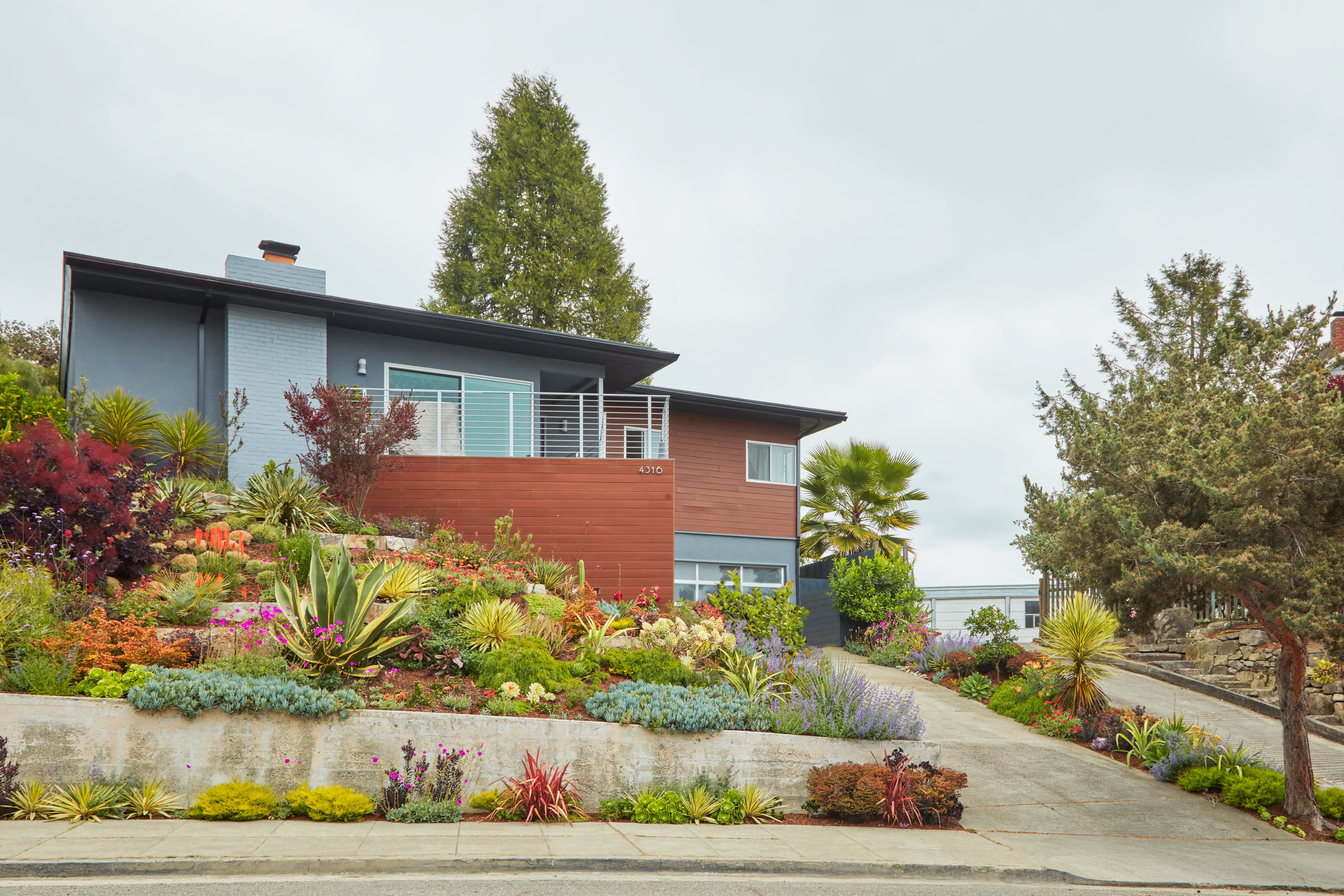
Once you've decided your front yard is well-situated for a front yard vegetable garden, next you need to figure out how to ensure you can keep your curb appeal, no matter what stage you are in the vegetable growing process you're in.
The Livingetc newsletters are your inside source for what’s shaping interiors now - and what’s next. Discover trend forecasts, smart style ideas, and curated shopping inspiration that brings design to life. Subscribe today and stay ahead of the curve.
'We rely on strong structural elements to make a vegetable garden look good,' says Leslie and Holly. 'Strong clean lines for the hardscape and veggie boxes that tie into the existing architecture or are a beautiful focal point in and of themselves.'
Next up, you need to think about the companion planting for your vegetables that can ensure your front yard doesn't look bare once the growing season is over. 'Plant evergreen plants all around the veggies, both as ornamental and perennial edible shrubs in the landscape surrounding, and also perennial culinary herbs and edible flowers hanging over the edges of the raised beds themselves.'
'For a beautiful edible garden, you’ll want a nice mixture of plant height, texture, form and color,' Jen adds. 'Incorporating herbs along borders is an easy start. The addition of larger vegetables such as artichoke, cabbage in rows, Asian greens and cauliflower make beautiful companions for edible flowers and herbs.'
'Add in flowers you can eat like nasturtium and pansy, based on season,' Jen also suggests. 'Nasturtium grow in warmer conditions while pansies prefer cool temperatures. The pop of color is inviting to pollinators; necessary friends to all gardens.'
And don't forget, it's not just vegetables that make an edible garden. 'We like to incorporate fruit trees and evergreen perennial edibles such as citrus, culinary bay, pineapple guava, and so many more, into our front yard projects,' Leslie and Holly say.
Growing vegetables in front yard containers

Planting into the ground isn't your only option — you can also use container vegetable gardening to, well, contain your crops.
'If we are growing annual vegetables, we make sure to put them in really beautifully made raised beds,' Leslie and Holly say. 'They don't have to be fancy, just nicely built so they are a good looking permanent feature of the front yard space.'
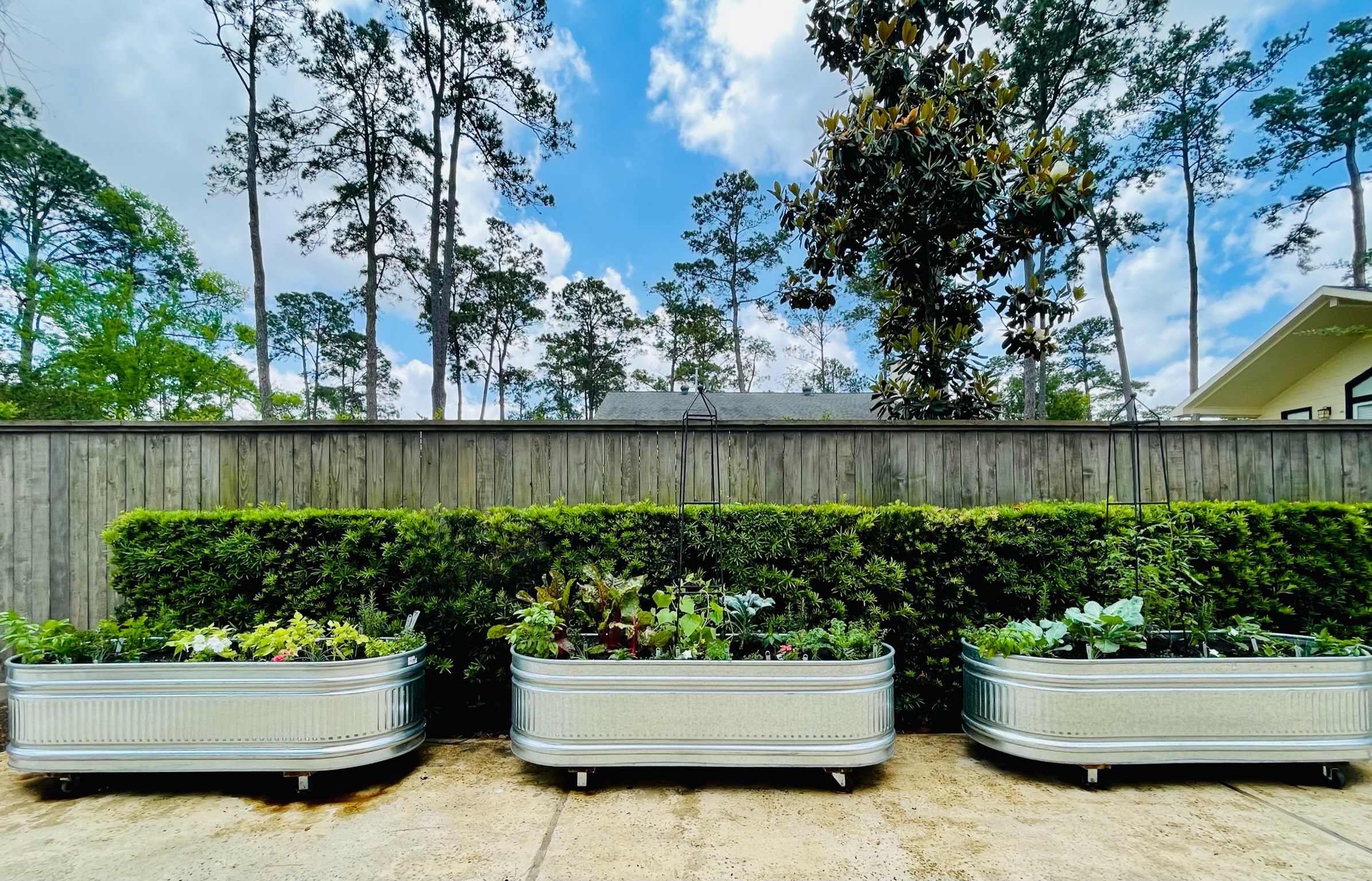
You could also consider moveable planters as a way to turn your front yard into a growing space, without having to worry so much about year round appeal, as in the project above, designed by Garden Girls. 'This project was a perfect example of gardens that needed a clever solution to sunlight,' Jen tells us. 'The driveway afforded the best location for sunlight and adding wheels to the bottoms allowed the homeowners to move the gardens into the garage in case of a freeze.'
FAQS
How can I make a front yard vegetable garden look better?
'Creating an aesthetically appealing front yard, whether with flowers or vegetables all comes down to the design,' says Ashleigh Smith, Degreed Horticulturist with True Leaf Market. 'You should have plants that attract the eye to a focal point because of their color, texture or size. Bright-colored fruits are a great option for using edible plants as the main attraction. Besides the focal point, it is also important to include background, border and filler plants. There are many vegetables that can easily be used in these roles.'
You can also look at your growing calendar and plant in stages to keep your vegetable beds full throughout the year. 'Veggies often look their best in the spring and early summer garden, so many of veggies can be worked into open sunny areas of the garden and then a quick growing annual foliage or flower plant can replace them after harvest to maintain a full lush appearance to the garden,' Mike Arnold, PhD, director of The Gardens; professor of landscape horticulture at Texas A&M AgriLife, explains.
'During cooler portions of the year some of our more colorful foliaged green leaf veggies can provide a quick fill in open locations,' Mike adds. 'Many varieties of lettuce and edible greens such as Swiss chard offer various colors and shapes of foliage. These mature quickly lending themselves to filling voids in cool season gardens. They also make tasty salads and garnishes.'
What can I grow up my porch?
'Many edible vine crops or their relatives offer excellent ornamental characteristics for use on fences, trellises, arbors, gourd tunnels, play area teepees, or porch railings,' Mike says. 'Many have bold coarse textured foliage in addition to interesting flowers or developing fruits.'
'Runner beans, vining squash, muskmelons, cantaloupes, miniature water melons, cucumbers are all cool edible vines. While not usually eaten other utilitarian vines like luffa sponges and gourds of almost limitless forms offer pairings for different seasons with edible vines.'

Luke Arthur Wells is a freelance design writer, award-winning interiors blogger and stylist, known for neutral, textural spaces with a luxury twist. He's worked with some of the UK's top design brands, counting the likes of Tom Dixon Studio as regular collaborators and his work has been featured in print and online in publications ranging from Domino Magazine to The Sunday Times. He's a hands-on type of interiors expert too, contributing practical renovation advice and DIY tutorials to a number of magazines, as well as to his own readers and followers via his blog and social media. He might currently be renovating a small Victorian house in England, but he dreams of light, spacious, neutral homes on the West Coast.
